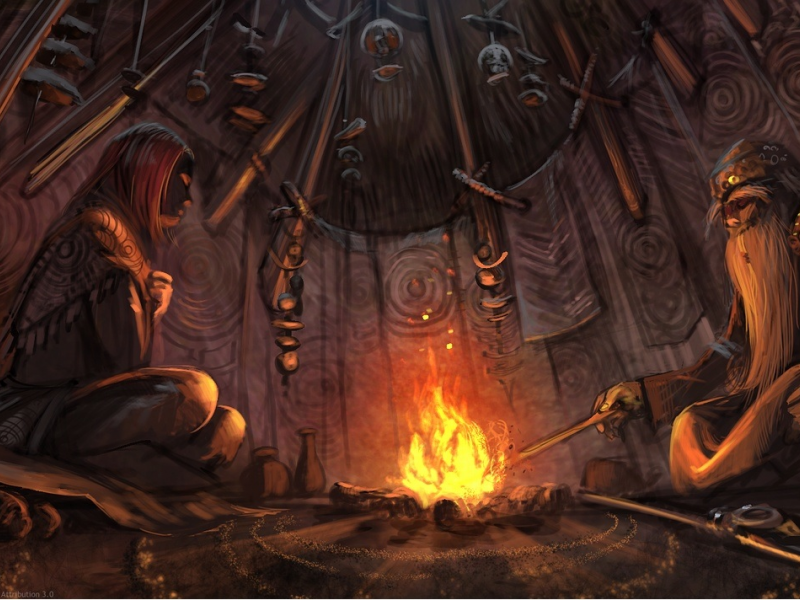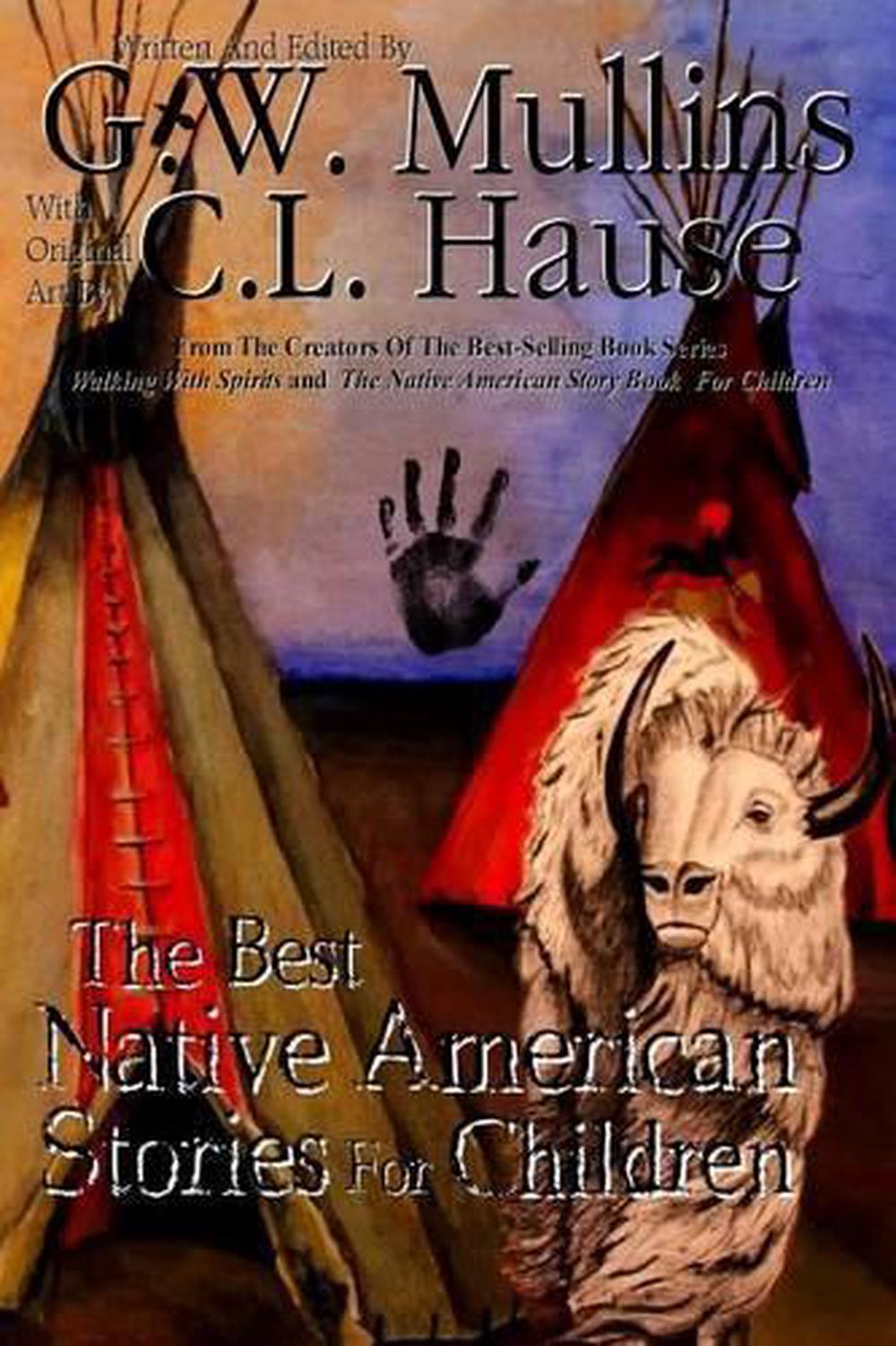

Among the Blackfoot, for instance, he appears under the name of Napiw, also called “Old Man.” He is distinctly human in form and name. Indian mythologies often contain large groups of tales reciting the adventures of a distinguished mythical hero with supernatural attributes, who transforms and, in some instances, creates the world, who rights great wrongs, and corrects great evils, yet who often stoops to trivial and vulgar pranks. Other tales with common threads are the “Twin-heroes” – the Woman who married a star and bore a Hero” and the “Woman who married a Dog.” A star-born hero is found in myths of the Crow, Pawnee, Dakota, Arapaho, Kiowa, Gros Ventre, and Blackfoot.

Almost everywhere, it takes the form of restoring the submerged earth by a more or less human being who sends down a diving bird or animal to obtain a little mud or sand. Though each tribe has its own beliefs and sacred myths, many have much in common.Ī deluge or flood myth is almost universal in the Plains tribes and the Woodland Indians. In these, much interesting information can be found. There are available large collections of these tales and myths from the Blackfoot, Crow, Nez Perce, Assiniboine, Gros Ventre, Arapaho, Arikara, Pawnee, Omaha, Northern Shoshone, and others. The sacred beliefs of many tribes are largely formulated and expressed in sayings and narratives resembling the legends of European peoples. Passed down through the generations, these tales speak of timeless messages of peace, life, death, and harmony with nature. Living through forced moves, war, starvation, diseases, and assimilation, these strong and spiritual people kept their many legends and stories alive. Native American culture struggled to survive after the white man invaded their lives. While cultures and customs varied among the tribes, they all believed the universe was bound together by spirits of natural life, including animals, water, plants, the sky, and the Earth itself. They hear the Great Spirit in every wind see him in every cloud fear him in sounds, and adore him in every place that inspires awe. In accordance with their views of nature and spirit, they constantly appeal to these powers at every step of their lives. The terrible heat rolling of Fire drove Bear and his people away, so they could not take it and carry it away with them.While a Great Spirit constitutes the basis of Indian theory, the tribes believe in multiple deities surrounded by mythology. "I do not even know you!" Fire shouted at Bear. It blazed until it was white-hot and so bright that Bear had to shade his eyes with both paws.

Man and Fire were very happy together, and Man fed Fire sticks whenever it got hungry.Ī long time later, Bear and his people came back to the edge of the forest, looking for Fire. Man warmed himself by the blazing Fire, enjoying the changed colors and the hissing and snapping sound Fire made as it ate the wood. By this time, Fire was leaping and dancing in delight, its hunger satisfied. Man picked up a third stick and laid it on the south side of Fire and laid a fourth stick on the East. Fire, nourished by the first stick, burned brighter and stretched taller and eagerly claimed the second stick. Man got a second stick and laid it on the West side of the fire. Fire sent its orange-blue flames flickering up the side of the stick until it started to burn. Man picked up a stick and leaned it on the North side of Fire. "I eat sticks and logs and wood of all kinds," Fire explained. "Feed me! Feed me!" Fire cried in despair. But Bear and his people had wandered deep into the forest, and then did not hear Fire's cries.Īt that moment, Man came walking through the forest and saw the small, flickering Fire. "Feed me! Feed me!" Fire shouted to Bear. It started to smoke and flicker, then it dwindled down and down. They wandered further and further away from Fire, eating the delicious acorns and seeking out more when the acorn supply grew low.įire blazed up merrily for awhile, until it had burned nearly all of its wood.

The acorns were crunch and crisp and tasted better than any other acorns Bear and his people had ever eaten. Bear set Fire at the edge of the forest, and he and his people began eating acorns. One day, Bear and his people came to a great forest, where they found many acorns lying on the forest floor. Bear and his people carried fire with them wherever they went. It warmed Bear and his people on cold nights and gave them light when it was dark. In the beginning of the world, it was Bear who owned Fire.


 0 kommentar(er)
0 kommentar(er)
